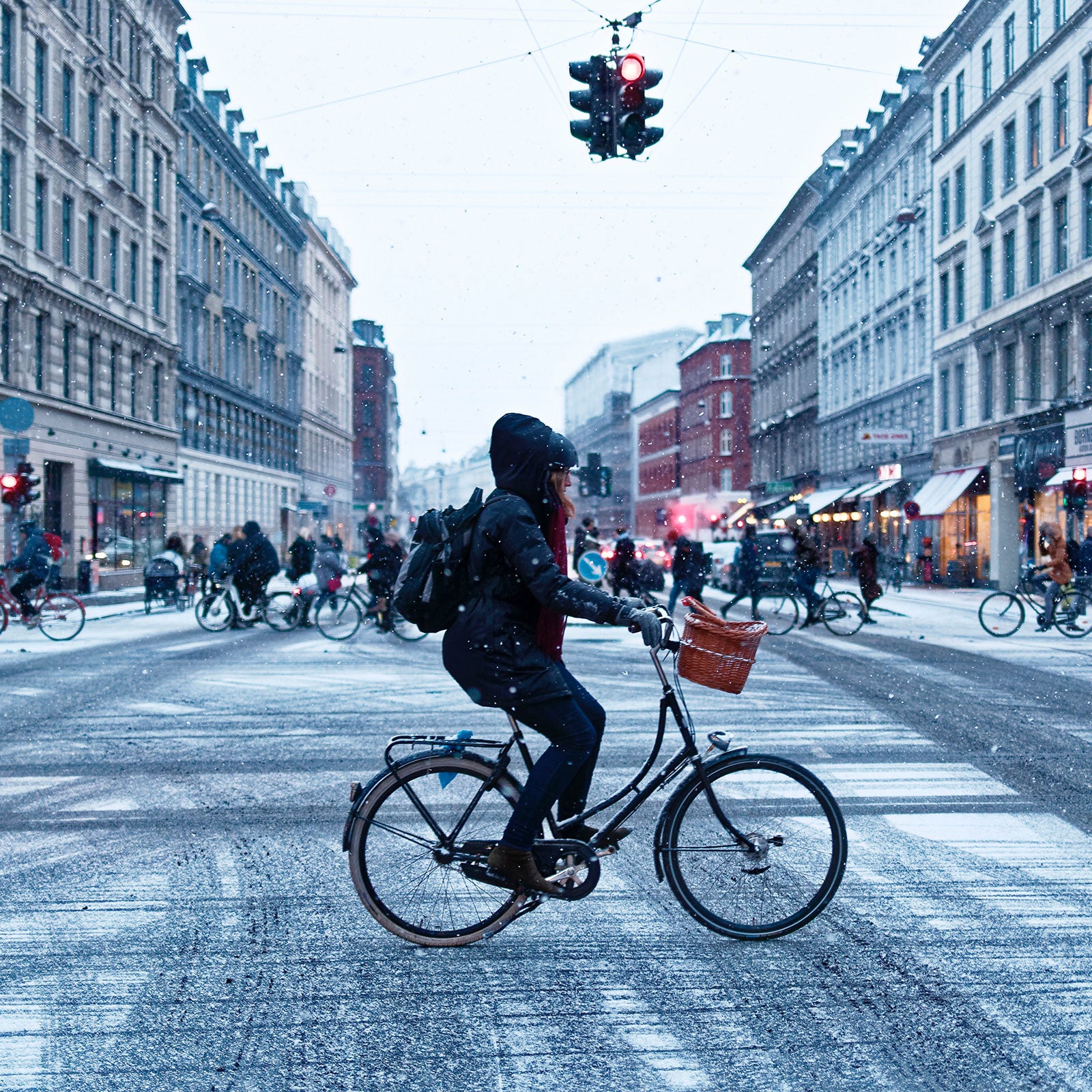Recently I went to go see a cosmetic dermatologist to have something taken off my face. (A basal cell carcinoma, not my laugh lines and crow’s feet.) As I lay in a recliner waiting to be carved, the doctor asked the inevitable question:
“So, what do you do?”
You never know where the conversation’s gonna go when you reveal yourself as a bike person. Sometimes it turns out they ride too. Sometimes they ask awkward questions. (“So how do you sit on those hard little seats?” “What’s with all the doping?” “Aren’t you afraid of getting killed?”) And sometimes they’ve got strong opinions about bikes that you sense they’ve been meaning to compile into a screed and submit to the local newspaper, but now that you’re here they figure they might as well just share everything with you instead.
This particular interaction fell under the last category.
Now I’m not saying the doctor launched into a full-on foaming-at-the-mouth anti-bike tirade. Nevertheless, he made it quite clear there were a number of things about bicycles of which he did not approve. In another context it’s possible I might not have minded the discussion. In fact, I might even have welcomed it, for there’s nothing wrong with engaging in a spirited topical discussion with someone over a few beers. However, when the person impugning your lifestyle is also wielding a scalpel and preparing to bore a hole in your face, it feels a bit more like an interrogation—sort of like , except I was anesthetized, and of course the doctor was saving me from face cancer.
This is by no means the first time I’ve been put on the defensive for being a bike person, either. For example, it also happened at the dentist, though that was more Marathon Man than 1984. I’ve also been put on the spot at weddings and funerals. (Well, okay, just the one funeral, but still.) If you’re a cyclist, no doubt you too have been lectured, interrogated, or excoriated by a relative stranger at one point or another—and if you haven’t, you may be long overdue for a skin cancer screening or a teeth cleaning, so you’d better get on that.
So what is it about cycling that makes people who don’t do it feel compelled to bike-splain it right back to you, even when you’re nowhere near a bike, and even when it invariably steers the fanboat of small talk deep into the weeds?
Well, for one thing, if you ride a bike you’re instantly accountable for the behavior of everybody else who rides one too, it’s just the way things work. “Why don’t you bikers ever stop for red lights?” is typical of the sort of insult-disguised-as-question you might encounter. Tell the person sitting next to you at the dinner party that you’re a cosmetic dermatologist and they’re unlikely to lump you in with all those . Furthermore, if the conversation then organically shifts to your new German sports sedan they’re almost certainly not going to ask you, “Why are all BMW drivers such douchebags?” (Though to be honest they’ll probably think it, sorry to break it to you.) But mention that you ride bikes and it’s, “Oh, you’re one of those.” At that point you might want to take a big swig of wine to prepare yourself for the onslaught of anecdotes about the annoying group ride that goes by their house for five seconds once a week, or that one time someone on a bike came near them and “almost killed” them.
To be fair, as a de-facto cycling spokesperson, your job isn’t always to explain or defend the actions of everyone else who rides bikes. During the summer it’s inevitable someone will innocently demand that you explain to them how the Tour de France works. You might also find yourself in the role of confessor for the sorts of people who say things like, “I’d love to ride a bike but [I’m too busy] [I’m too scared] [I can’t show up sweaty to work],” etc. (This sort of unnecessary guilt about not cycling is a by-product of our selling cycling on how “green” it is, but that’s another matter.) And yes, you will even get sweet, guileless people who think what you’re doing is great and want to know more about it, because real life isn’t Twitter, and there are actually still open-minded human beings out there who want to learn new things
But make no mistake: lots of people do hate you. It’s science! Yes, found that “around half of non-cyclists view cyclists as ‘less than fully human.’” :
Of the study’s participants, 17 percent admitted to having used their car to deliberately block a cyclist, 11 percent said they’d deliberately driven their car close to a cyclist, and nine percent had used their car to cut a cyclist off.
So does this mean if you’re a white guy on a bike you now get to consider yourself a member of an oppressed minority? Fuck no, get over yourself. However, it does mean that no matter who you are, when you’re riding a bike there are plenty of people who think you’re basically a bug. It also explains why you can sometimes feel this contempt seeping into your off-the-bike social interaction.
After my skin surgery, I wondered if maybe the next time someone asked me what I do I’d give a fake answer that was bound to shut them up. (IRS auditor came to mind.) However, the fact is that these uncomfortable exchanges present us with a crucial opportunity to change people’s attitudes, for as the abstract of the study points out:
If we can put a human face to cyclists, we may improve attitudes and reduce aggression directed at on-road cyclists.
While shouting matches in the street rarely amount to much, we have a lot to gain from thoughtful and civil discourse. So take a deep breath and spare a moment to extoll the virtues of bikes. Hopefully in the course of my conversation with the doctor I at least helped put a human face on New York City’s cyclists as he cut into mine.


